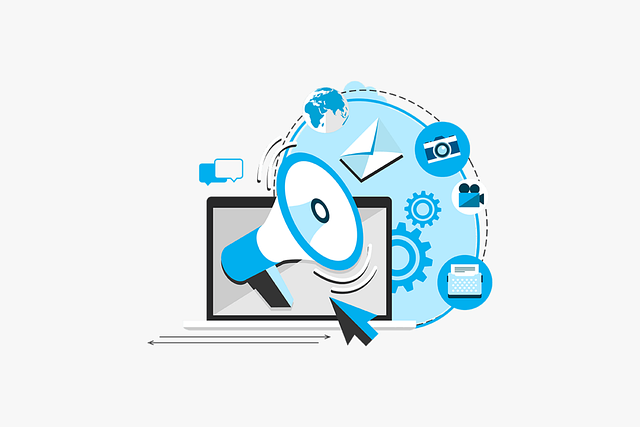In our previous article, we established the importance of marketing analytics in driving data-driven marketing strategies. Now, let’s delve into the treasure trove of marketing analytics tools available to empower you to extract valuable insights from your data.
Equipping Your Marketing Arsenal: Essential Tools for Data Analysis
The marketing analytics landscape offers a variety of tools, each catering to specific needs. Here are some of the key players you should consider:
- Website Analytics Tools: These tools, like Google Analytics, provide a comprehensive view of your website traffic, user behavior, and conversion rates.
- Social Media Analytics Tools: Gain insights into your social media performance by understanding audience demographics, engagement metrics, and content reach through built-in analytics features on platforms like Facebook Insights and Twitter Analytics.
- Customer Relationship Management (CRM) Analytics: CRMs like Salesforce and HubSpot offer robust analytics dashboards that track customer interactions, identify sales trends, and measure campaign effectiveness.
- Marketing Automation Platform Analytics: Marketing automation platforms like Marketo and Pardot provide detailed reports on email marketing performance, lead nurturing effectiveness, and campaign ROI.
- Marketing Attribution Tools: These tools help you understand which marketing channels contribute most to conversions, allowing you to optimize your marketing budget allocation.
Choosing the Right Tools for Your Needs
With such a diverse range of options available, selecting the right marketing analytics tools depends on your specific needs and budget. Here are some key factors to consider:
- Your Marketing Goals: Align your tool selection with your marketing goals. For example, if website traffic optimization is a priority, Google Analytics is a must-have.
- Data Sources: Ensure the chosen tools integrate seamlessly with your existing data sources to avoid data silos and facilitate comprehensive analysis.
- Ease of Use: Consider the technical expertise of your marketing team and choose tools with user-friendly interfaces and readily available support.
- Scalability: Select tools that can grow with your business needs, allowing you to accommodate future marketing endeavors.
Beyond the Essentials: Advanced Marketing Analytics Tools
As your marketing analytics maturity progresses, you may explore more advanced tools, such as:
- Data Visualization Tools: Tools like Tableau and Power BI transform complex data sets into visually compelling charts and graphs, making insights easier to understand and communicate.
- Marketing Mix Modeling: This advanced technique helps you quantify the impact of various marketing channels on overall sales performance.
- Predictive Analytics: Leveraging machine learning, these tools can forecast future customer behavior and trends, enabling proactive marketing strategies.
By strategically incorporating these marketing analytics tools into your marketing strategy, you can unlock a wealth of valuable insights that empower you to make informed decisions, optimize your marketing campaigns, and achieve remarkable results.
In the next part of this series, we’ll explore some practical applications of marketing analytics, showcasing how you can use data to solve real-world marketing challenges.



